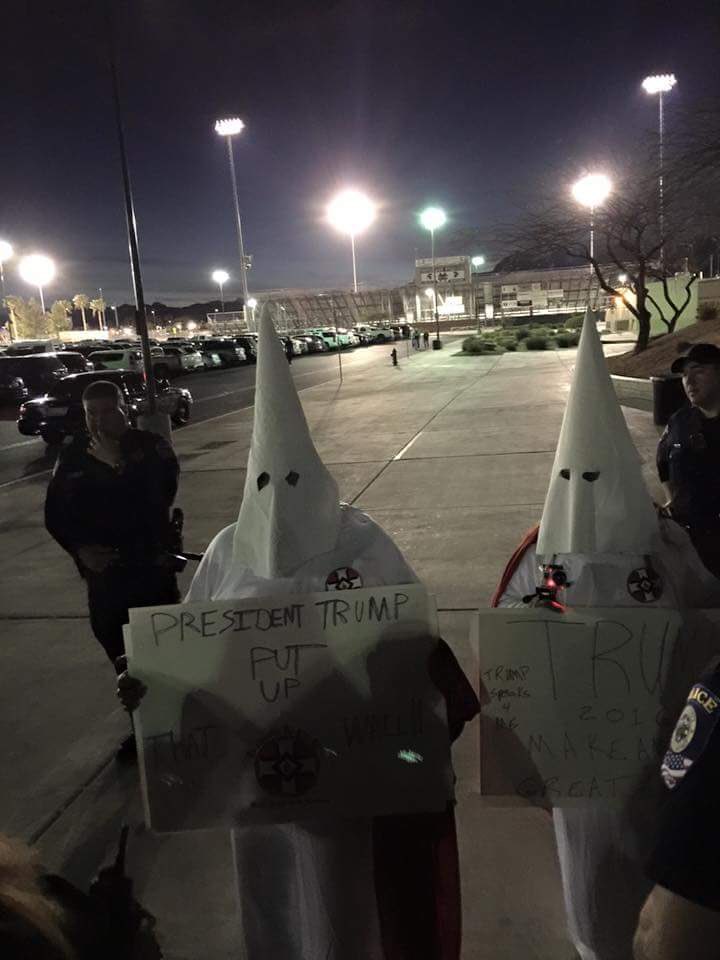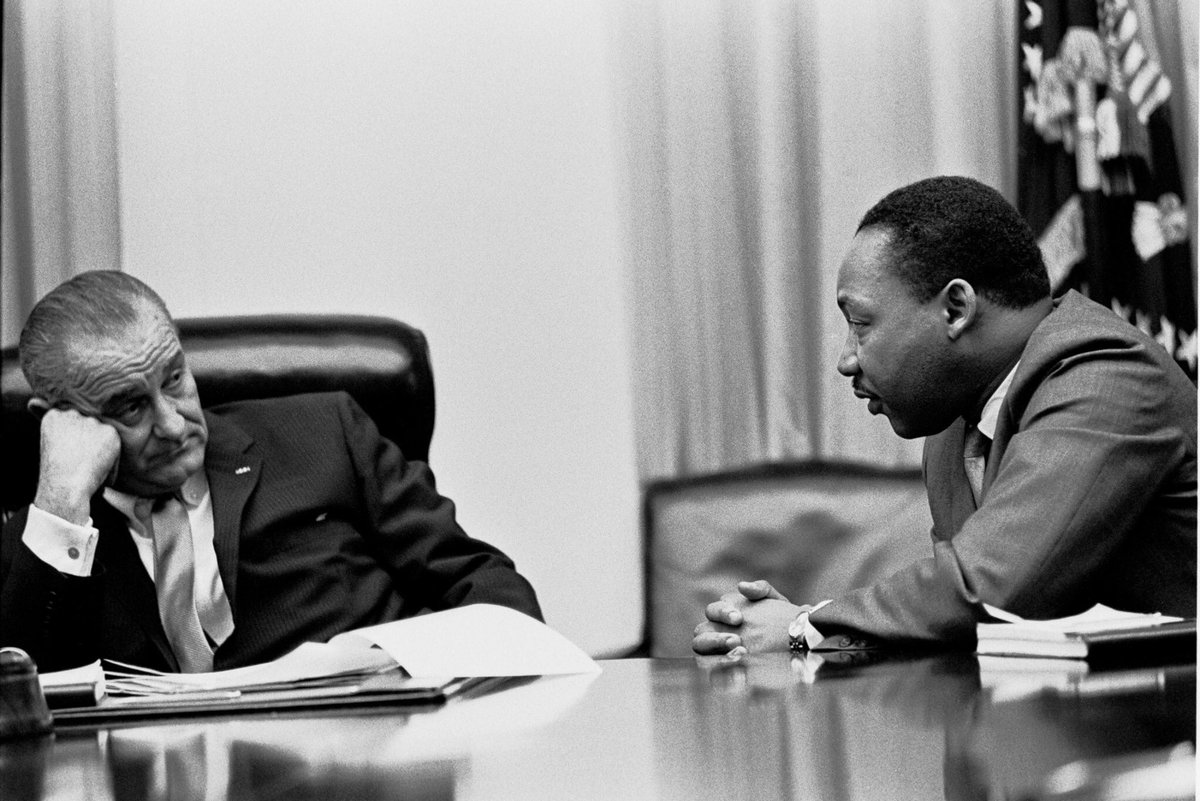It didn't start with
Beyonce's Formation, but that is reported to be the final straw that
precipitated Melissa Harris-Perry's exit from MSNBC. She wanted to discuss it
on her show, but MSNBC executives wanted her to focus only on presidential politics, given the network's double-digit ratings deficit. Of course, Melissa is
eminently qualified as a Ph.D. in political science to do that, but her
professional work has lead her to apply her expertise to the politics of black
womanhood. And so that was the catalyst for her interest in Beyonce's new song.
First, Melissa felt slighted. "After four years of building an audience, developing a brand, and developing trust with our viewers, we were effectively and utterly silenced. Now, MSNBC would like me to appear for four inconsequential hours to read news that they deem relevant without returning to our team any of the editorial control and authority that makes MHP Show distinctive."
Then, it got worse: MSNBC's executives ignored her. As Dr. Steven Taylor, Ph.D. explained in Psychology Today, "Psychologists call slights ‘narcissistic injuries' - they bruise our egos, make us feel belittled. Ultimately, all types of slights boil down to the same basic feeling: of being devalued or disrespected."
Her words confirm Dr. Taylor's explanation. "I have hosted a weekly program on this network for four years and contributed to election coverage on this network for nearly eight years, but no one on the third floor has even returned an email, called me, or initiated or responded to any communication of any kind from me for nearly a month. It is profoundly hurtful to realize that I work for people who find my considerable expertise and editorial judgment valueless to the coverage they are creating.
While MSNBC may believe that I am worthless, I know better. I know who I am. I know why MHP Show is unique and valuable. I will not sell short myself or this show. I am not hungry for empty airtime. I care only about substantive, meaningful, and autonomous work. When we can do that, I will return — not a moment earlier. I am deeply sorry for the ways that this decision makes life harder for all of you. You mean more to me than you can imagine."First, Melissa felt slighted. "After four years of building an audience, developing a brand, and developing trust with our viewers, we were effectively and utterly silenced. Now, MSNBC would like me to appear for four inconsequential hours to read news that they deem relevant without returning to our team any of the editorial control and authority that makes MHP Show distinctive."
Then, it got worse: MSNBC's executives ignored her. As Dr. Steven Taylor, Ph.D. explained in Psychology Today, "Psychologists call slights ‘narcissistic injuries' - they bruise our egos, make us feel belittled. Ultimately, all types of slights boil down to the same basic feeling: of being devalued or disrespected."
Her words confirm Dr. Taylor's explanation. "I have hosted a weekly program on this network for four years and contributed to election coverage on this network for nearly eight years, but no one on the third floor has even returned an email, called me, or initiated or responded to any communication of any kind from me for nearly a month. It is profoundly hurtful to realize that I work for people who find my considerable expertise and editorial judgment valueless to the coverage they are creating.
As Melissa said, disrespecting by disregarding her communications is a form of betrayal. “It is perfectly fine, 100 percent reasonable and perfectly acceptable for MSNBC to decide they no longer want the MHP show,” she told the Times. “But they should say that, they should cancel the show, they should stand up. And maybe it would be rewarded with huge ratings, but they shouldn’t kill us by attrition and take us off the air without telling anybody, including us. That, for me, is what’s painful and difficult.”
As David Badash of the New Civil Rights Movement observed, "In treating an amazing talent like Melissa Harris-Perry in this manner, MSNBC is revealing just how little respect it has not only for an incredible journalist and host, but for its viewers."
Melissa held the MSNBC executives to account, while acknowledging that she didn't know if they were directly involved in how her show has been handled recently. “I will not be used as a tool for their purposes,” she wrote. “I am not a token, mammy or little brown bobble head. I am not owned by Lack, Griffin or MSNBC. I love our show. I want it back.”
And here is the crux of the confrontation, the conflict between how Melissa sees her mission, and how MSNBC see theirs.
"That's the privilege of having a public voice," she said. "The issues that we want to advocate for, we can get an audience for." Having granted Melissa editorial autonomy, she felt a loss and an insult when MSNBC removed it. It was more than that; the event proved the thesis of her book, Sister Citizen:
“…this book makes the claim that the internal, psychological, emotional and personal experience of black women are inherently political.They are political because black women in America have always had to wrestle with derogatory assumptions about their character and identity. These assumptions shape the social world that black women must accommodate or resist in an effort to preserve their authentic selves and to secure recognition as citizens. This is less a book about what black women do to become first class American citizens than one about how they feel while they are in the struggle.”
Melissa wrote about how black women feel in the ongoing struggle for personal fulfillment in the glaring light of historical, societal injustice. Each slight cuts into her spirit like a knife, and yet, perhaps a mixed metaphor is permissible to explain how she must continually refresh her spirit, as dripping water smooths a stone.
Melissa’s words echo the black woman's endless pursuit of being recognized for her own personal humanness, value and integrity of character, uniting her mind and soul in often hostile and threatening environments.
"The black woman's fight is on all fronts. Sisters resist the ways that black male leaders try to silence women's issues and squash female leadership. At the same time, black women challenge white women who want to claim black women's allegiance without acknowledging the realities of racism. They will not be drawn into any simple allegiance that refuses to account for their full humanity and citizenship."Eleanor Roosevelt wrote in her book, "This Is My Story," that "No one can make you feel inferior without your consent." Melissa Harris Perry is not consenting.
Footnote:





















